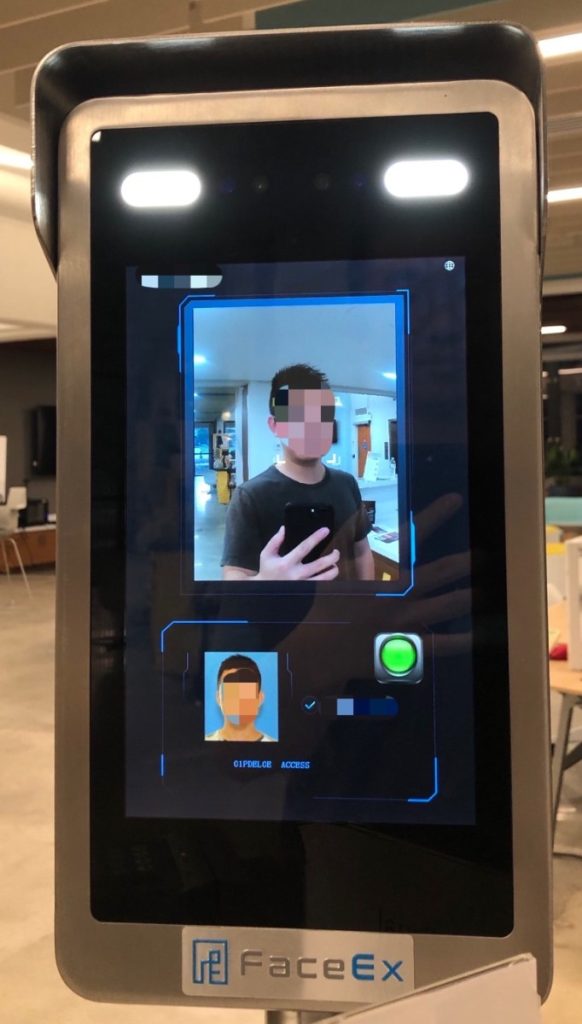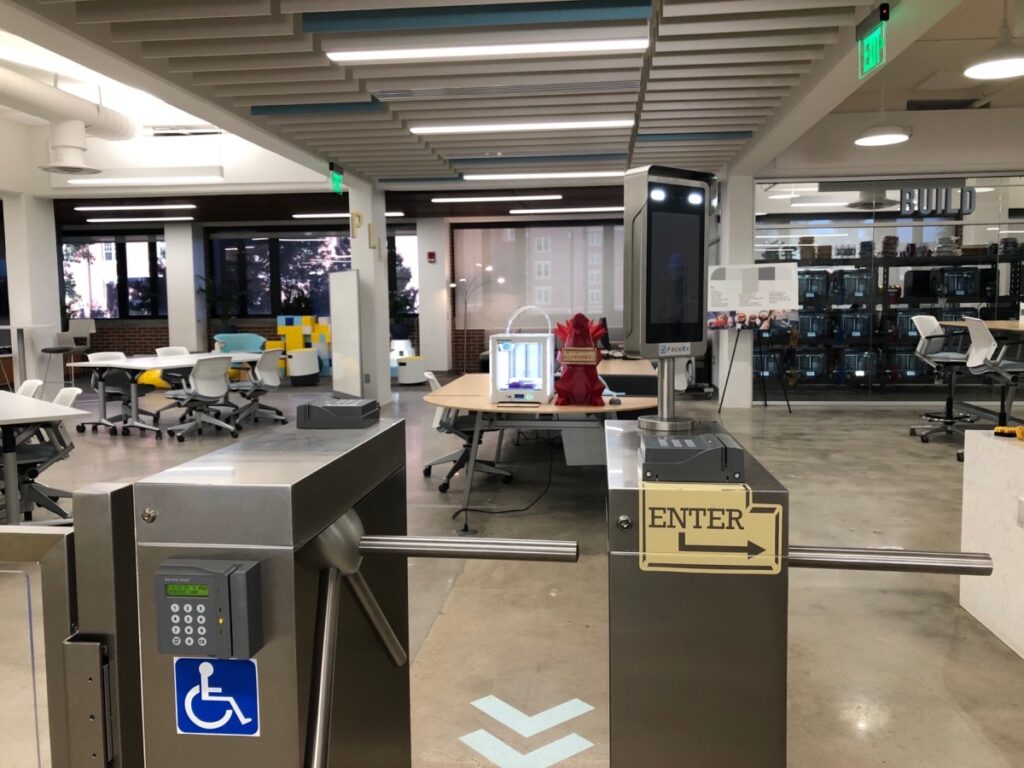 Across the globe, technology is advancing at warp speed. And as it advances, it’s becoming more and more ingrained in our daily lives and in all social and professional settings. One of the latest technological struggles is striking a balance between convenience and the intrusion of privacy with the use of facial recognition technology. Exploring this, a recent, first-of-its-kind study by Penn State and the University of Alabama investigated how faculty, staff and students responded to the use of facial recognition technology in a university setting. Yao Lyu, a doctoral student at the Penn State College of Information Sciences and Technology, was one of the leaders of the study.
Across the globe, technology is advancing at warp speed. And as it advances, it’s becoming more and more ingrained in our daily lives and in all social and professional settings. One of the latest technological struggles is striking a balance between convenience and the intrusion of privacy with the use of facial recognition technology. Exploring this, a recent, first-of-its-kind study by Penn State and the University of Alabama investigated how faculty, staff and students responded to the use of facial recognition technology in a university setting. Yao Lyu, a doctoral student at the Penn State College of Information Sciences and Technology, was one of the leaders of the study.
“The initial inspiration for the study was our curiosity to see how people view the implementation of a trending yet controversial technology in an organization,” Lyu said. “All of the research team members were familiar with facial recognition and aware of how it could be viewed, especially from a negative perspective, but most of the background knowledge came from either lab experiments or sci-fi stories. What we were interested in was what would happen if such a technology was implemented in a real-world setting.”
In the study, the team of researchers examined the perspectives of faculty, staff and students who were required to gain access to a public university’s shared collaborative workspace using facial recognition that replaced a previous card-swipe system without advance notice. They interviewed 19 people at least two weeks after each participant’s initial use of the technology, measuring each user’s previous experience with and knowledge of facial recognition technology; their initial impressions and reactions; their overall attitudes toward the system and the decision to install it; and if their opinions changed after their initial interactions.
“We were able to see people doing trade-offs with controversial technologies by giving up privacy for convenience, enjoyment or other benefits,” Lyu said. “When implementing a controversial technology at the organizational level, things become complicated and need to be negotiated with all stakeholders carefully.”
“All of the research team members were familiar with facial recognition and aware of how it could be viewed, especially from a negative perspective, but most of the background knowledge came from either lab experiments or sci-fi stories. What we were interested in was what would happen if such a technology was implemented in a real-world setting.”
The results of the study indicated that more than half of the participants were initially uncomfortable with or confused by the decision to install the system, while a minority of users were curious or even impressed. Over time, all participants with negative perceptions remained steadfast; most who initially were in favor of the installation gradually came to feel less supportive; and most who initially felt neutral came to accept the technology, but with some level of reluctance.
“Basically, our participants were concerned about who was behind the technology – who implemented it, who could get access to the data and similar concerns,” Lyu added. “It was not only the technology’s controversiality itself, but also the way it got implemented that made people worried about privacy, autonomy and justice.”

The results of the study also showed that most participants complained about the decision-making process and considered it unfair that their consent was assumed — regardless of their impression of the technology itself. No users reported that they had received official training on the technology or information on why the system was installed or how the decision to install it was made.
“We were able to see people doing trade-offs with controversial technologies by giving up privacy for convenience, enjoyment or other benefits.”
Lyu indicated that the most surprising part of the results was the change in attitude and perception of those who initially indicated that they were in favor of the facial recognition technology.
“We recognized that some participants, who were very interested in the technology and even actively tried to play with it at the beginning, finally turned to doubt or even avoided it,” Lyu said. “As the novelty of the tech went away, people started to realize the negative parts of it.”
The College of Information Sciences and Technology at Penn State continues to pursue transformative research projects while also being incredibly accommodating to its students.
“Penn State IST has provided PhD students like me plenty of support,” Lyu said. “We have experienced scholars who are committed to educating and advising rookie researchers. We also have staff who work hard to facilitate all types of research activities.”
Lyu also credited Dr. Yubo Kou, assistant professor of information sciences and technology at Penn State, for his contribution to the research project.
For more information on similar research being done at the College of Information Sciences and Technology at Penn State, visit https://ist.psu.edu/research.






